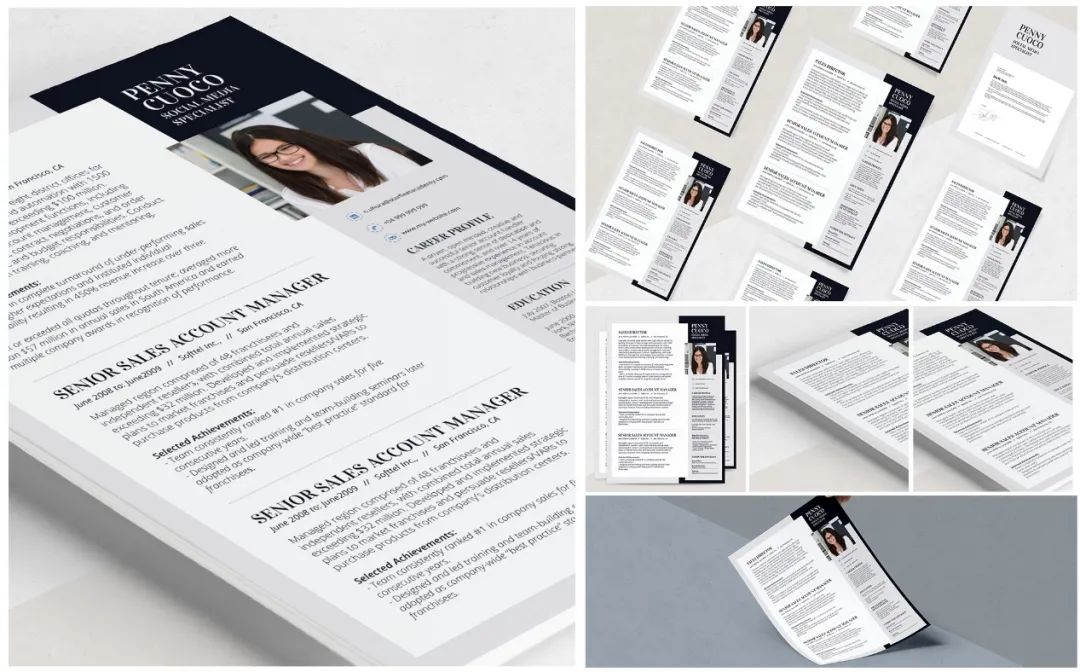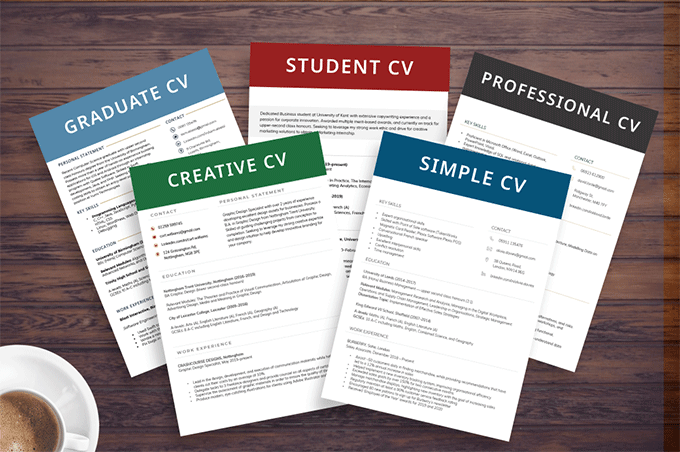



A job seeker's employment gap is a period (months or years) when he or she is considered as being unemployed. It could be a voluntary decision to take a career break for various reasons such as raising a family, schooling, travelling, health issues, among others. It could also be a result of redundancy. Having gaps in one’s employment status or history could make one wonder if he/she has a chance. Ample gaps on one’s resume are considered a major red flag. Without justification, it could jeopardize your chances of being hired, as employers may perceive you as disloyal, unstable, and lacking credibility.


At an interview, be prepared to explain any employment gap that is four months or longer. Here are three-pointers to assist in explaining gaps on your resume and be seen as the excellent applicant that you are:
Be open and honest
Be truthful and professional at all times. Any form of dishonesty identified on your CV can lead to job offers being withdrawn or fired. When explaining employment gaps to companies, transparency is essential. Explain why it happened honestly and succinctly. Share soft skills to demonstrate what you learned outside the office. However, you must identify achievements or skills acquired during such periods (employment gap period) that could be relevant to the job offer. Thus, determine what the employer requires and highlight significant accomplishments that align with your resume.


Ascertain that it is not a pattern.
Tell your tale to demonstrate that the employment gap will not reoccur and dispel any employer's doubts. Employers want to know if you have a habit of changing jobs and are likely to do so in case you are being employed or hired to occupy the position being sought.

Prepare yourself.
Before explaining a resume gap, plan out what you're going to say and adhere to the script. Employers will assume the worst if you don't have one, and you'll want to avoid stumbling because it will give the impression that you're unprepared or trying to hide the truth.
Transition by connecting what you've learned and accomplished to why you'd be a good fit for the job. If you quit your work without a backup plan, explain what you learned and accomplished, what you are searching for in your next career and role, and why that prompted you to apply for that job.


A gap in your career history is not uncommon, and it will only stick out if you do not explain it. Employers want you to exhibit your excitement, value, and devotion to the company. Finally, self-assurance and candour are valuable attributes in every interviewee. Approaching the problem in the appropriate manner goes a long way to reveal a lot about one’s personality. So, always be truthful and make every effort to fix the situation as soon as possible. That way, you won't have to worry about anything.





